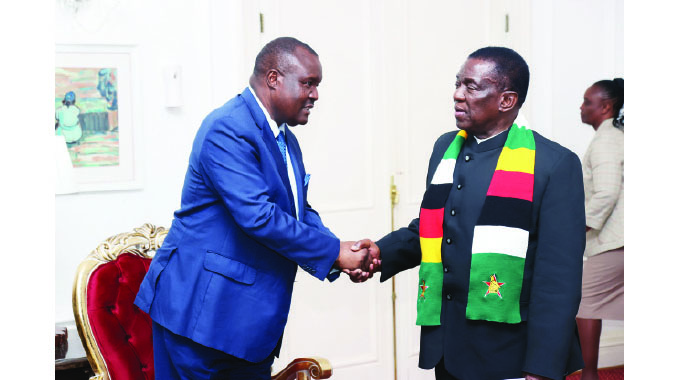Election of New Bureau: African Commission on Human and Peoples’ Rights

The African Commission on Human and Peoples’ Rights (ACHPR), on the 15th of November 2021, elected its new Bureau Chairperson and Vice-Chairperson to lead and co-ordinate the activities of members of the Commission. Hon. Commissioner Rémy Ngoy Lumbu (Central Region) is the newly elected Chairperson while Hon. Commissioner Maya Sahli Fadel (Northern Region) assumes the post of the Vice-Chairperson. The two will serve for a period of two (2) years. The new Chairperson takes over from the immediate former Chairperson, Hon. Commissioner Solomon Ayele Dersso.
The election was conducted during the 69th Ordinary Session of the ACHPR currently underway from the 15th November -5th December 2021. The election was conducted in line with Article 42(1) of the African Charter on Human and Peoples’ Rights, read together with Rule 14 of the Rules of Procedure of the ACHPR (2020).
The ACHPR is an autonomous treaty body of the African Union, and is composed of eleven (11) Commissioners, who are elected by the Assembly of Heads of State and Government of the African Union. The Commissioners serve in their personal capacity and in an independent and impartial manner. The mandate of the Commission is defined in Article 45 of the African Charter on Human and Peoples’ Rights (the African Charter), which includes the promotion and protection of human and peoples' rights on the continent and the interpretation of any provision of the African Charter at the request of a state party; among other tasks as maybe directed by the African Union Assembly of Heads of State and Government.
The African Commission on Human and Peoples' Rights (ACHPR) was established under Article 30 of the African Charter on Human and Peoples' Rights, which entered into force on October 21 1986. The African Charter is ratified by fifty-four (54) of the fifty-five (55) Member States of the African Union, making it one of the most widely ratified instruments adopted by the African Union. The number of ratifications of the Charter signify a near universal acceptance by African States of the standards contained therein. 2021 marked the 40 years of existence of the African Charter. The implementation of the Charter has led to an increasing contribution to the recognition of the legitimacy of the works of civil society organizations, human rights defenders, political opposition and the media.
The Charter represents an exercise of African agency in defining the essence and meaning of the rights that give full expression to Africa’s long struggle and aspirations for dignity, freedom, equality and justice. The African Charter main target are the individual states and addresses itself to both colonial rule and the oppression of people in the hands of independent governments. The African Charter is one of the human rights instrument that is widely cited not only in large number of continental legal and policy documents, but also in national and sub-regional instruments. Along with other human rights instruments it inspired, the African Charter continues to serve as source of inspiration in the elaboration of national bills of rights and various laws giving effect to specific human rights. It is equally iconic in its contribution to the corpus of international human rights.
Distributed by APO Group on behalf of African Union (AU).









Comments